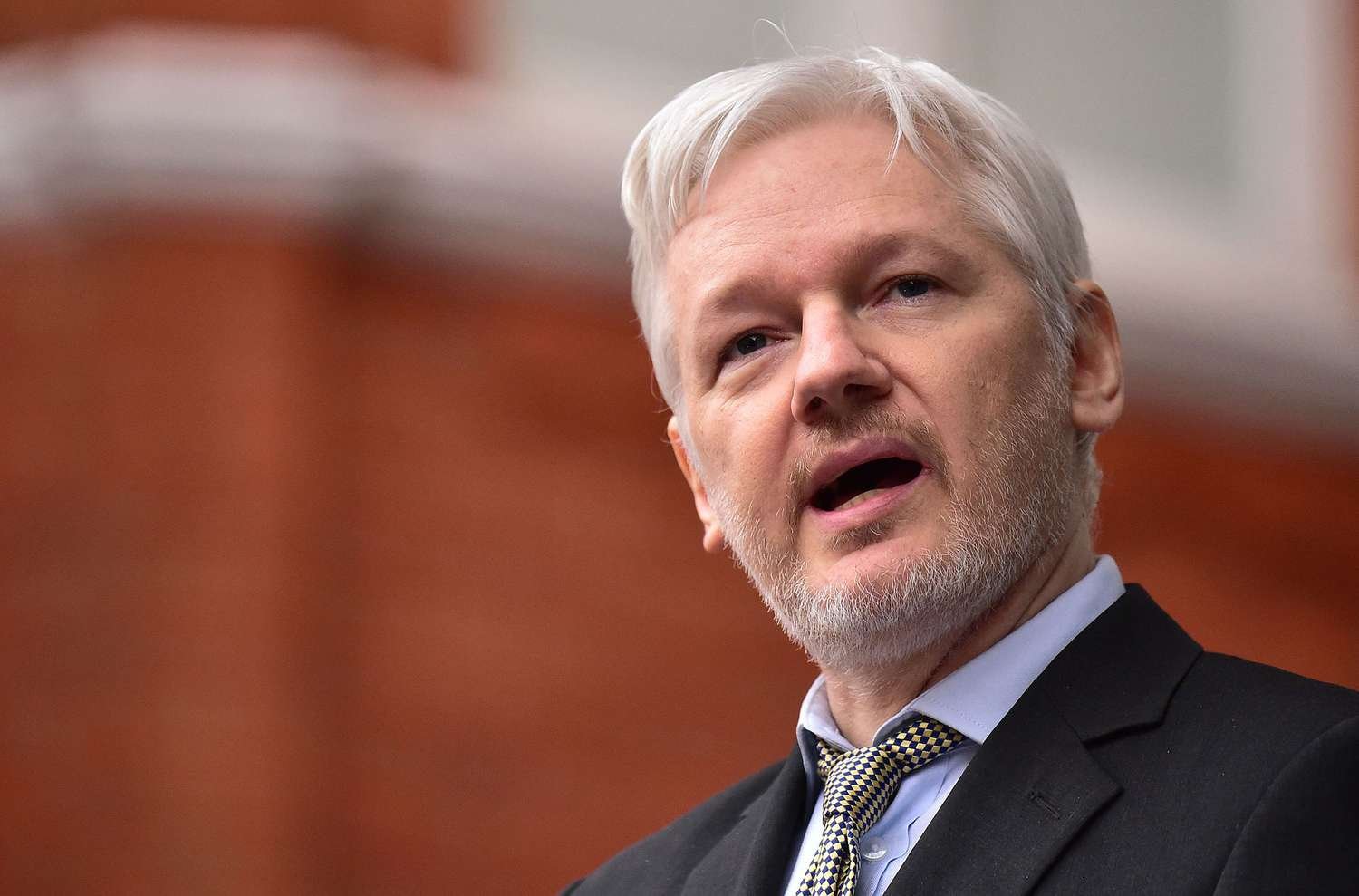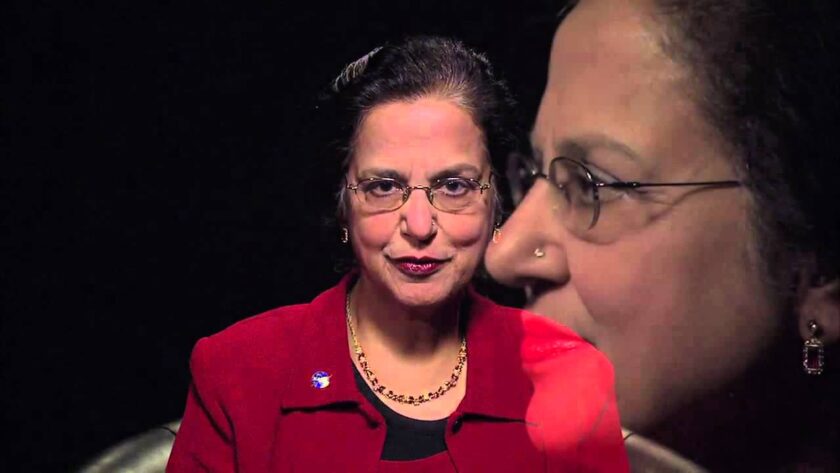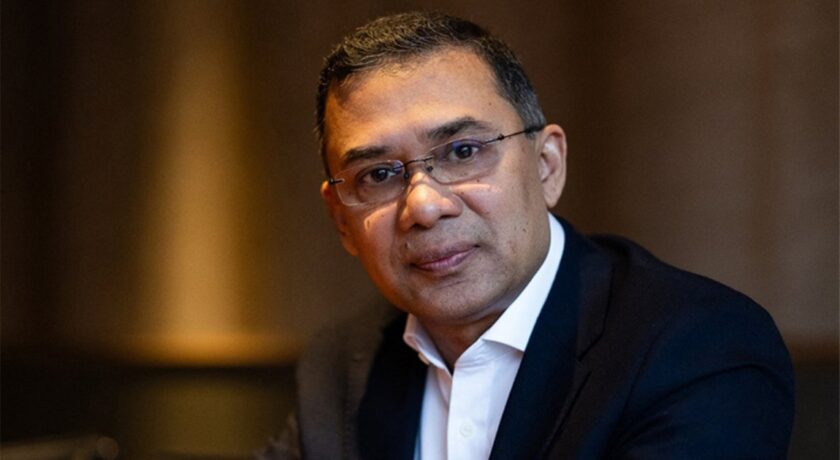Canberra: Julian Assange, the founder of WikiLeaks, is a polarizing figure whose actions have sparked global debates on issues of freedom of speech, government transparency, and national security. His potential release from incarceration or legal entanglements prompts a myriad of reactions and implications.
Background
Julian Assange gained international notoriety in 2010 when WikiLeaks released a trove of classified U.S. military documents and diplomatic cables. These leaks exposed sensitive information about U.S. operations in Iraq and Afghanistan and diplomatic communications, leading to widespread controversy. Advocates hailed Assange as a champion of transparency and free speech, while critics accused him of endangering lives and compromising national security.
Assange’s legal troubles began in earnest in 2012 when he sought asylum in the Ecuadorian Embassy in London to avoid extradition to Sweden over allegations of sexual misconduct, which he denied. He remained in the embassy until 2019 when Ecuador withdrew his asylum, leading to his arrest by British authorities. Since then, Assange has faced extradition requests from the United States on charges related to the publication of classified documents.

Implications of Assange’s Freedom
- Media and Free Speech:
- Assange’s supporters argue that his release would be a victory for press freedom. They believe that prosecuting Assange sets a dangerous precedent for journalists and publishers who expose government wrongdoing.
- Critics contend that Assange’s methods and the indiscriminate release of unredacted documents cross ethical and legal boundaries, distinguishing him from traditional journalists who follow rigorous editorial standards.
- Government Transparency and Accountability:
- WikiLeaks’ revelations have undeniably increased public awareness of government actions, sparking debates on the balance between national security and the public’s right to know.
- Governments might perceive Assange’s release as a challenge to their ability to maintain confidentiality and protect sensitive information.
- International Relations:
- Assange’s activities and subsequent legal battles have strained diplomatic relations between countries, notably the U.S., the UK, Ecuador, and Sweden. His release could either ameliorate or exacerbate these tensions depending on the circumstances.
- The U.S. government might face pressure to re-evaluate its approach to whistleblowers and transparency advocates.
- Legal and Human Rights Issues:
- Assange’s case highlights the complexities of extradition laws and the treatment of individuals accused of publishing classified information.
- Human rights organizations have raised concerns about Assange’s health and the conditions of his detention, emphasizing the need for humane treatment irrespective of the charges.
- Public Opinion and Legacy:
- Public opinion on Assange is deeply divided. Some view him as a hero who has sacrificed his freedom to expose the truth, while others see him as a reckless provocateur.
- Assange’s legacy will likely continue to be a subject of intense debate, influencing future discussions on journalism, cybersecurity, and government secrecy.
Julian Assange’s potential freedom is not just about one man’s fate but a reflection of broader societal values and conflicts. It raises fundamental questions about the limits of free speech, the responsibilities of the press, and the balance between transparency and security. As the world watches how his case unfolds, it remains a poignant reminder of the complex interplay between individual actions and global repercussions.









